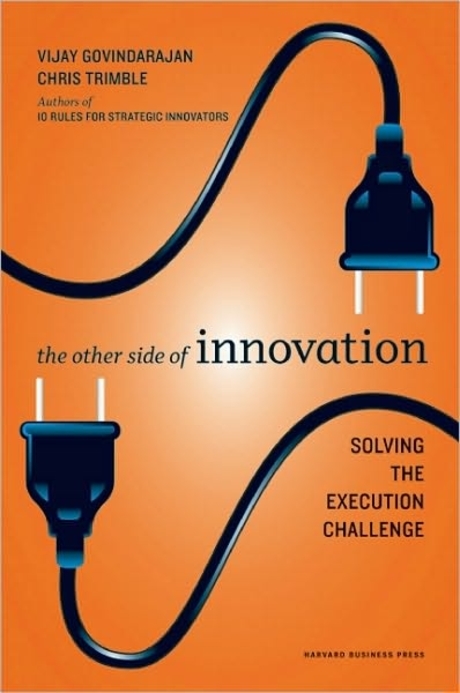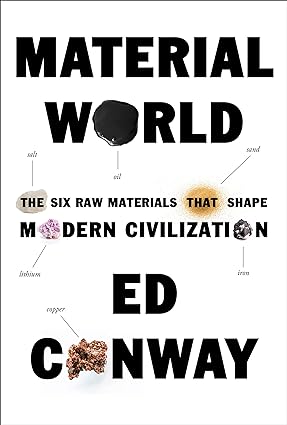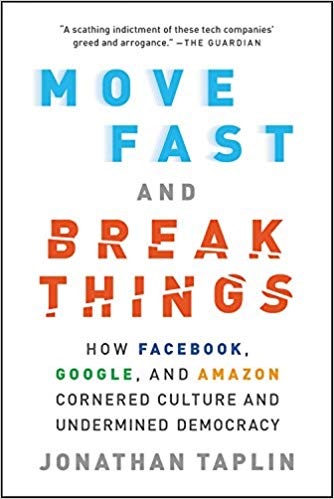




| ұ№і»јӯ әПҪбёУё® | [614,045]ұЗ АРАҪ | |
|---|---|---|
| ЗШҝЬјӯ ЗБё®әд | [0]ұЗ АРАҪ | |
| ұЫ·О№ъ Ж®·»өе | [2]ұЗ АРАҪ | |
| №Мөрҫо әкё®ЗОҪә | [582]ұЗ АРАҪ |
 [172]ұЗ
[172]ұЗ 
 |
мқҙкІҢ лӮҳлқјлӢӨ | |
| АъАЪ | к№Җм„ёмӨҖ | ||
| ГвЖЗ»з | л§Өм§Ғн•ҳмҡ°мҠӨ | ||
 |
The Other Side of In | |
| АъАЪ | Vijay Govindarajan | ||
| ГвЖЗ»з | Harvard Business School Press | ||
 |
Material World: The | |
| АъАЪ | Ed Conway | ||
| ГвЖЗ»з | Knopf | ||
| I Spy | ||
| Today, the basis of competitive advantage has changed. The dominant company in any industry is not necessarily the one with the greatest capital, the most efficient factories, or the best access to raw materials. Instead, winning companies are those with the richest knowledge ?knowledge about their customers, potential customers, suppliers, technologies, and competitors. | ||
 |
Move Fast and Break | |
| АъАЪ | Jonathan Taplin | ||
| ГвЖЗ»з | Back Bay Books | ||